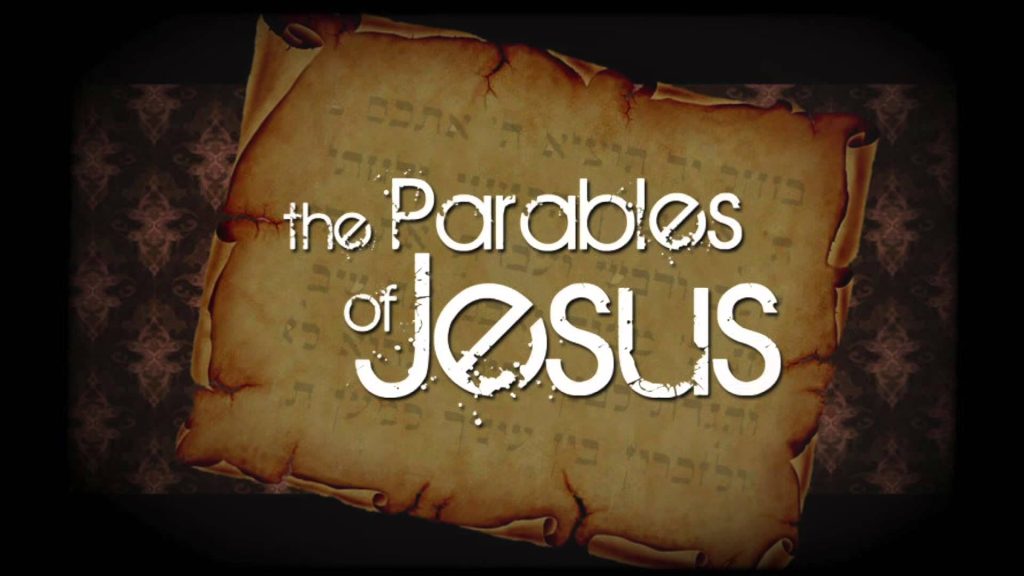During the Easter season this year, we are going to read through a selection of the parables of Jesus. When the very Wisdom of God came down and dwelt among us, he (unfortunately) didn’t teach as a systematic theologian, rather whenever someone would ask him a question, he would respond with “Let me tell you a story.” The hope is that as we journey through these stories during Easter, we will come to know him better and to understand his teachings more. If you have a particular parable you would like us to look at, or, more importantly, if you would like to lead a discussion on a particular parable, please let me know.
In his parable, Jesus took everyday examples to bring out his teachings. One of the primary reasons Jesus taught in parables is so he could teach his disciples without immediately raising the condemnation of the religious authorities. Matt. 10:13-16. As he quotes Isaiah 6:9-10 to his disciples’ question concerning parables, there are those who have ears but do not understand and eyes but do not perceive. So that only those to whom the Spirit has intended have the ability to understand the parables. Because the parables were given to first-century Palestinian Aramaic-speaking poor Jews and not to twenty-first-century English-speaking middle-class Americans much of the meaning and nuance in the parables is lost. Over the next several weeks, I hope that we can regain some of the original perspective towards these stories.
The only required reading is the actual parables themselves. However, we are going to use two supplemental sources, Jesus Through Middle Eastern Eyes by Kenneth Bailey and The Parables by Archbishop Dmitri Royster. Mr. Bailey spent sixty years growing up in and teaching the New Testament in Egypt, Lebanon, Jerusalem, and Cyprus. His book looks at Jesus’ birth and ministry with attention to the Lord’s Prayer, the Beatitudes, Jesus’ relationship to women, and Jesus’ parables, from the perspective of Arabic and Syriac-speaking Christians living where Jesus lived in conditions that have not changed much over the centuries. ++Dmitri is an Archbishop in the Orthodox Church in America, and his book briefly examines twenty-seven parables and groups of parables from the Patristic and liturgical perspective of the early church. I will provide copies of the readings each week by email, but I would encourage you to order the books or let me know if you would like me to order them for you.
If you haven’t joined us in a while, please consider coming back on Easter Tuesday.

